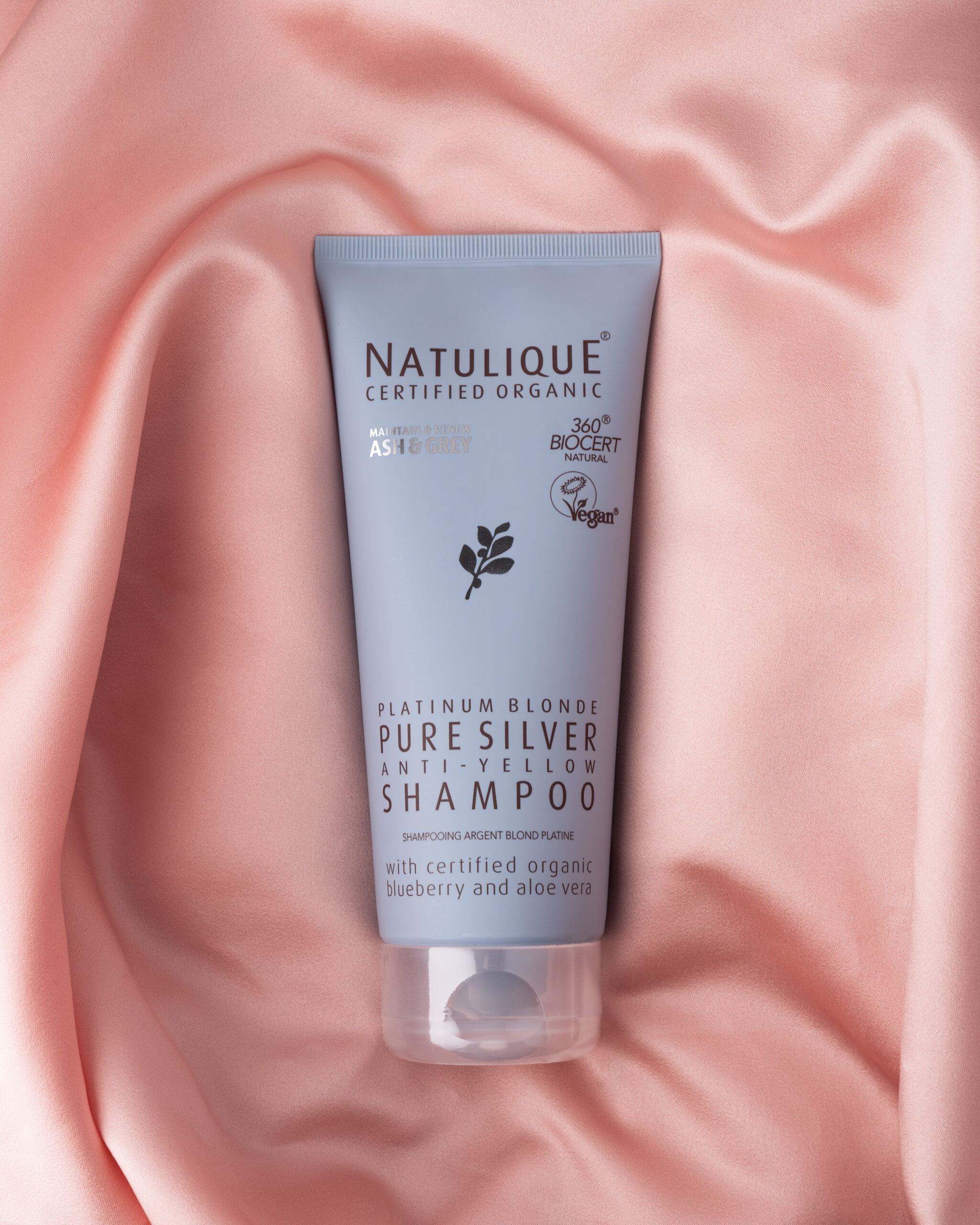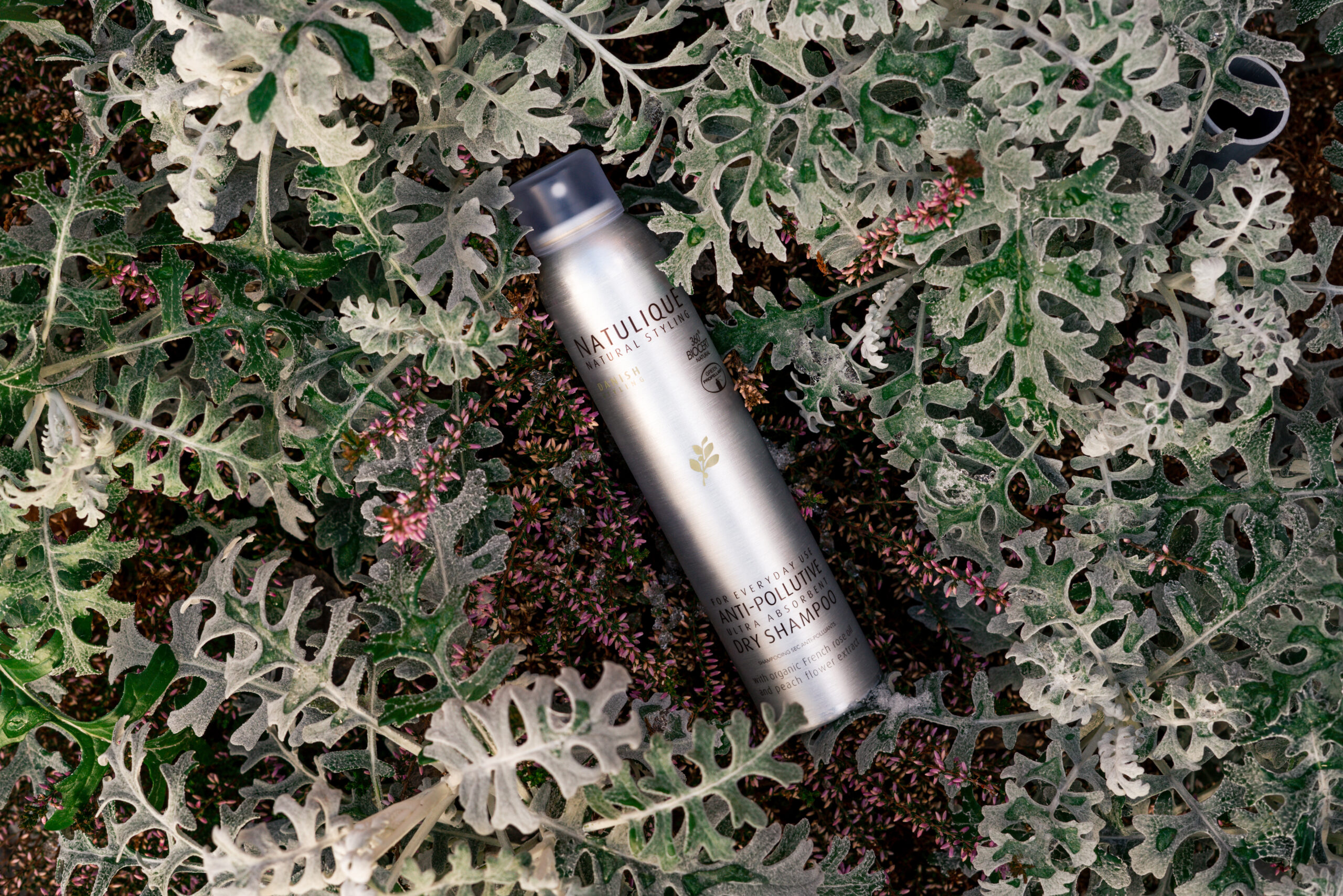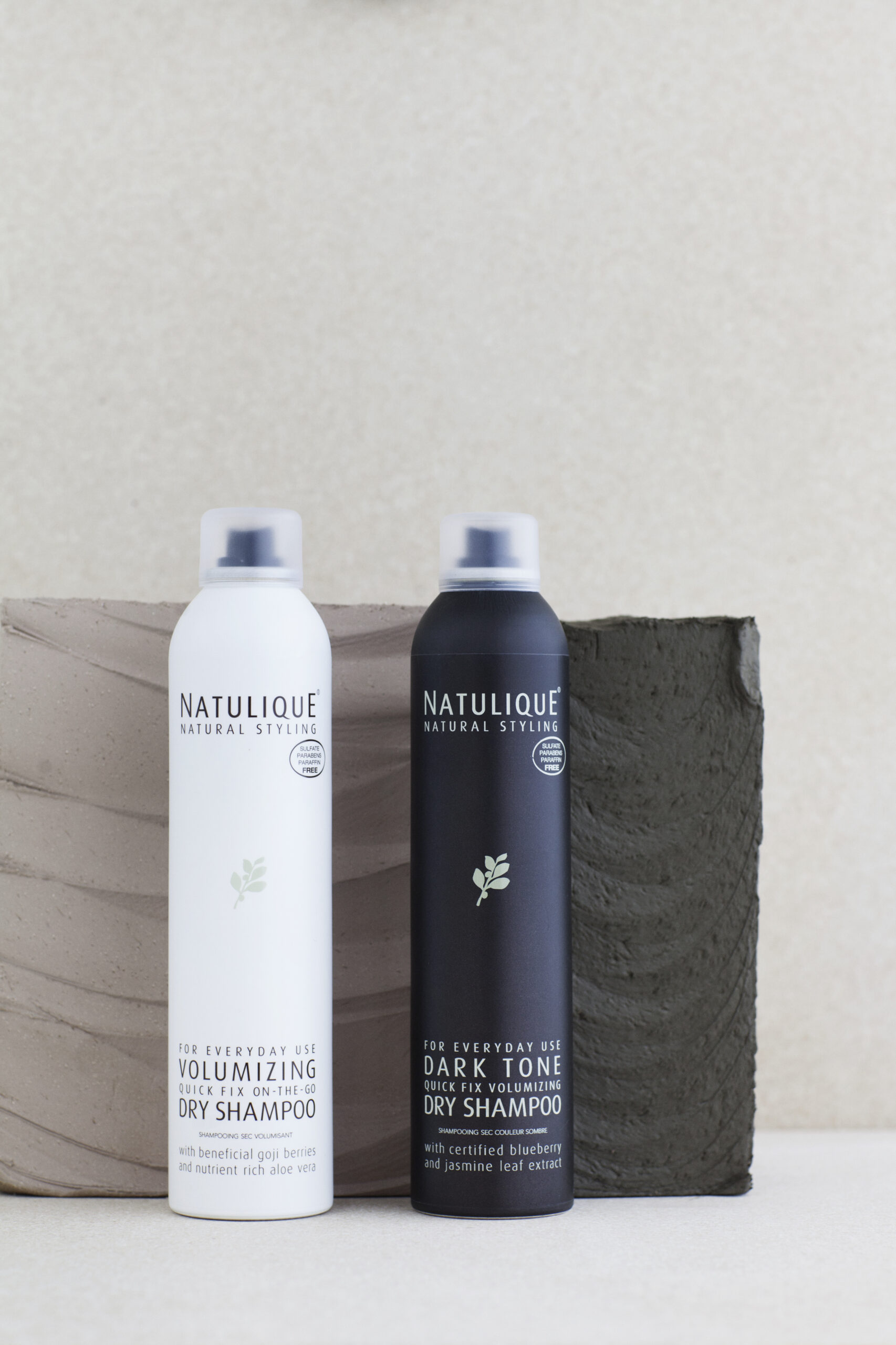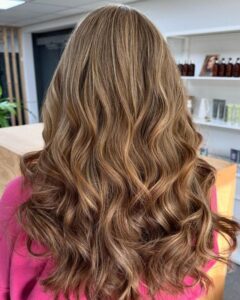Choosing the right shampoo is essential for the health and well-being of your scalp. But how do you know if a shampoo is right for your scalp? To make the right choice, it's crucial to understand your scalp type. Read on to find out how to identify your scalp type and which ingredients are best for it.
Understanding your scalp type
Description of the different types of scalp
Dry scalp
- Characterized by a pulling sensation.
- Appearance of dry dandruff and visible flakes.
- Can be caused by environmental factors or lack of hydration.
Oily scalp
- Glossy, greasy appearance, even shortly after washing.
- May be due to overproduction of sebum.
- Often associated with hair that weighs down quickly.
Normal scalp
- Perfect balance between hydration and sebum production.
- No problem with dryness or excessive oiliness.
- Hair generally easy to style and healthy-looking.
How to identify your scalp type
Signs of a dry scalp
- Sensation of itching or irritation.
- Small dead skin cells visible on shoulders or under hairbrush.
- Scaly, visible pores around the hairline.
Signs of an oily scalp
- Flat hair with no volume shortly after washing.
- Feels greasy to the touch all day long.
- Oily dandruff that can stick to the scalp.
Signs of a normal scalp
- Rarely visible dandruff or residue.
- No disturbing sensations such as tightness or oily excess.
- Easy to style and maintain a healthy look.
Once you understand the type of scalp you have, it becomes easier to choose the products that will help to care for it optimally. Take the time to examine the characteristics of your scalp to ensure the best possible health for your hair.
Choosing the right shampoo for your scalp
Shampoo for dry scalp
Ingredients to look for
- Aloe Vera Known for its moisturizing and soothing properties, aloe vera helps rebalance scalp moisture.
- Argan oil Rich in vitamin E and fatty acids, it deeply nourishes dry scalps.
- Glycerine This natural moisturizer attracts moisture and helps maintain skin hydration.
What to avoid
- Sulfates Often found in shampoos to create lather, sulfates can further dry out the scalp.
- Alcohol Avoid shampoos containing alcohol, which can upset the scalp's moisture balance.
Shampoo for oily scalps
Ingredients to look for
- Lemon Known for its astringent properties, it helps reduce excess sebum.
- Green clay Absorbs oil and deeply purifies the scalp.
- Green tea extract Soothing and anti-inflammatory, it helps regulate sebum production.
What to avoid
- Silicones They can weigh hair down and intensify scalp oiliness.
- Heavy oils Like coconut or olive oils, which are sometimes too rich for oily scalps.
Shampoo for normal scalp
Ingredients to look for
- Panthenol A provitamin B5 that helps strengthen hair while maintaining moisture levels.
- Silk proteins They provide softness and shine without weighing down the skin.
- Chamomile A soothing, softening agent that maintains the scalp's equilibrium.
What to avoid
- Products too powerful Products designed specifically for dry or oily scalps can unbalance a normal scalp.
- Artificial fragrances Prefer shampoos with natural ingredients to avoid irritation.
Choosing the right shampoo for your scalp is a crucial step in maintaining optimal hair health. A good product will take into account the specific needs of your scalp, offering targeted ingredients while avoiding those that could aggravate existing problems. Adapt your product choices by taking composition into account, and adjust your routine if you observe changes in the condition of your scalp.
See also: How do you achieve even bleaching all over your hair?
Test the effectiveness of a shampoo on your scalp
Try shampoo for several washes
It's crucial to give your scalp time to react to a new shampoo. Generally speaking, we recommend using the product for several weeks to observe its real effects.
Observe changes in texture and appearance
- Scalp texture : Note whether the scalp becomes more or less dry or oily after several washes.
- Hair appearance: Look for signs of shine, softness or heaviness.
Symptoms to watch out for
- Itching : If itching appears or intensifies, this may indicate an incompatibility.
- Dandruff : If dandruff develops or increases, this may be a sign that the shampoo is unsuitable.
Analyze how you feel after each wash
Listen to your scalp and hair after each use. Their feedback is essential to assess the suitability of the product.
General sensations
- A feeling of comfort : A good shampoo should leave your scalp feeling tension-free.
- No residues : Hair should be free of any sticky or greasy residue after rinsing.
Overall result on the hairstyle
- Easy styling : Notice if your hair is more manageable, indicating good hydration and hair health.
- Sustainability of results : Observe how long your hair stays clean and voluminous.
Make adjustments if necessary
If the shampoo doesn't seem to meet your expectations after a few weeks, you may need to try another product. Adapting your choices is essential to optimizing the health of your scalp.
Alternatives to explore
- Organic products : Shampoos with natural ingredients can sometimes be better suited to sensitive scalps.
- Hair hygiene : Sometimes, changing the frequency of washing or alternating with another shampoo can bring about an improvement.
Consult a specialist
- Dermatologist: If you're experiencing persistent problems, a consultation can help you identify appropriate solutions.
- Professional hairdresser : Get personalized advice based on their expertise in hair health.
Experimentation is a necessary part of finding the ideal shampoo that respects the balance of your scalp while meeting your specific hair needs. Pay attention to the signals your hair and skin are sending you, and don't hesitate to adopt other options as needed.
Listen to your scalp's changing needs
Seasonal changes in requirements
Effects of cold temperatures
- Cold weather can dry out the scalp, increasing the need for hydration.
- Remember to use natural oils to avoid tightness.
Adaptation to heat and humidity
- Summer can increase sebum production, necessitating an adjustment in the products used.
- Opt for lightweight shampoos that help control shine.
Observation of hormonal changes
Influence of hormonal cycles
- Hormones can alter the natural balance of the scalp, sometimes requiring adjustments in care.
- Find out if hormonal fluctuations are affecting the texture of your scalp.
Impact of age
- Over time, sebum production can decrease, making the scalp drier.
- Adjust your product choices to these natural age-related changes.
Adopt a proactive approach
Add a complementary treatment
- Incorporate hair masks or oils to enrich your routine.
- Targets the specific needs of your scalp, such as gentle exfoliation or intense moisturizing.
Regularity and patience
- Get involved in a regular routine to see lasting results.
- Don't forget that it can take time for the scalp to show improvement.
Reinforce your knowledge
Information sources
- Find out more with books or online resources dedicated to hair wellness.
- Join forums and newsgroups to exchange tips and experiences.
Innovation in hair cosmetics
- Stay on top of the latest innovations in the hair care industry to discover better products.
- Try out samples or product kits to assess their suitability without obligation.
Frequently Asked Questions (FAQ)
How can I tell if a shampoo isn't right for my scalp?
If you experience itching, unusual dryness or increased dandruff, this may indicate that the shampoo is not suitable.
Can I use a specific conditioner for my scalp type?
Yes, choosing the right conditioner can improve the effectiveness of your hair routine by providing additional targeted care.
How often should I change my shampoo?
Adapt the change to the needs of your scalp. Listen to your hair and adjust when you notice changes in its texture or behavior.
Are organic shampoos better for the scalp?
Organic shampoos often contain natural ingredients which may be less irritating, but their effectiveness will depend on the specific composition and individual needs.
How do I know if I need to consult a professional?
If you experience persistent or severe problems, such as lesions or severe hair loss, a consultation with a dermatologist or trichologist is recommended.





